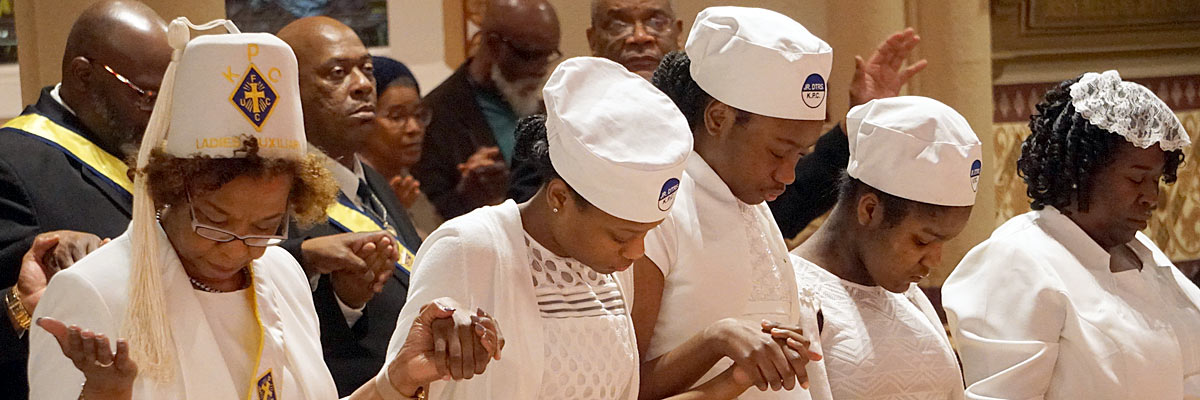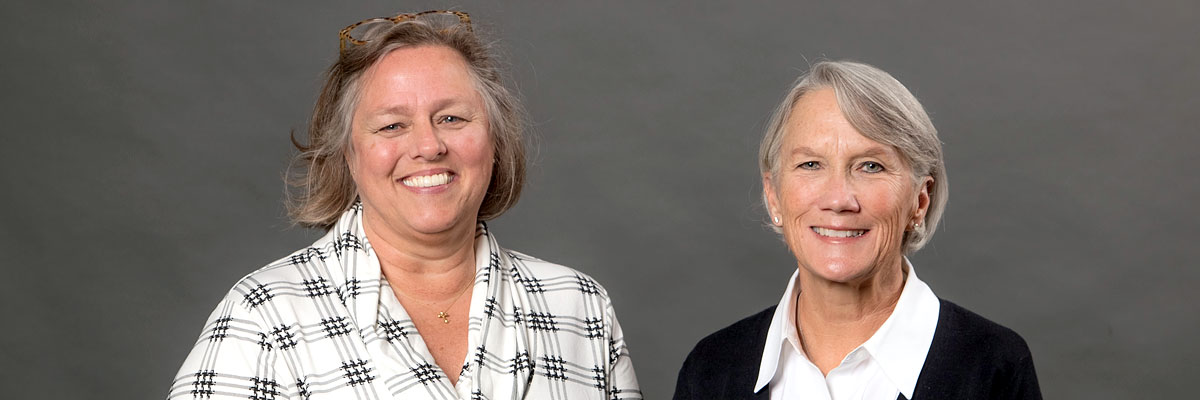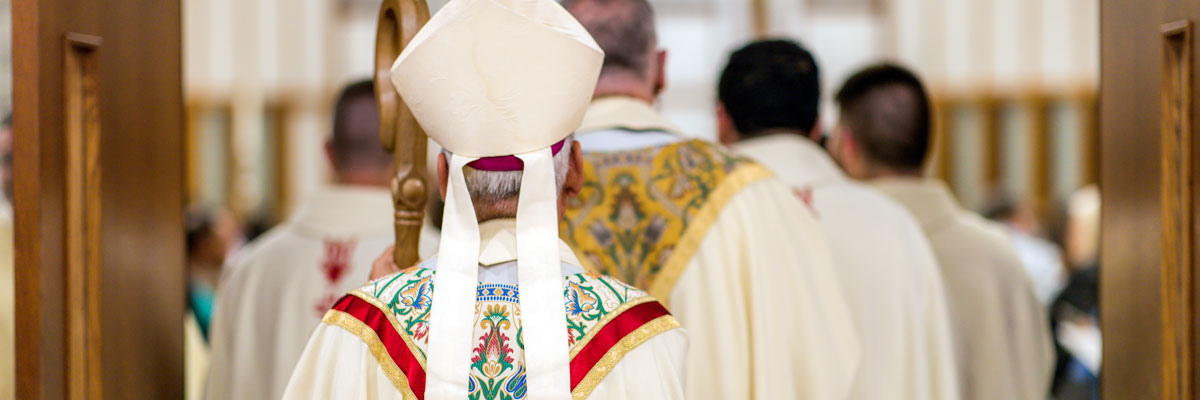Official Website of the
Catholic Diocese of Little Rock
26th Sunday in Ordinary Time, Year B 2021
Published: September 26, 2021
Bishop Anthony B. Taylor preached the following homily at the Cathedral of St. Andrew in Little Rock on Sunday, Sept. 26, 2021.

Bishop Taylor
Msgr. Cecil Finn died in Tulsa at age 85 after almost 60 years of service as a priest in Oklahoma. As a young man, he was a great athlete, and even in old age, he swam daily.
He was handsome, highly regarded and had many friends. He used to say that having such a happy, healthy life kind of made him nervous, and so he asked God to send him at least some adversity now so that he wouldn't have to spend so much time in purgatory later. Then one day, God answered his prayers: he had a massive stroke and the last eight years of his life were very difficult. Now he began to tell people, "Don't ask God for any of your purgatory in this life. It's too difficult! Trust in God's mercy instead."
And you know what? Scripture tells us that hell is far worse. In today's Gospel, Jesus gives us a very timely warning in the context of today's crisis involving the sexual abuse of minors. Jesus says it would be better for persons who commit offenses against "these little ones who believe in me" if a great millstone were put around their neck and they were thrown into the sea; better to lose a hand or a foot or an eye than to end up in hell, that place of "unquenchable fire."
Jesus doesn't want us to go around cutting off body parts we used to sin with, and besides, we sin with our brains: that's where we choose evil. What he's saying is that if you think that's bad, wait until you see hell. The stakes are that high, and so if we're smart, we'll do everything possible to avoid its eternal flames.
But of course, self-mutilation is not the solution: maimed and crippled people can end up in hell just like the rest of us. Jesus doesn't want us to go around cutting off body parts we used to sin with, and besides, we sin with our brains: that's where we choose evil. What he's saying is that if you think that's bad, wait until you see hell. The stakes are that high, and so if we're smart, we'll do everything possible to avoid its eternal flames.
And to help others avoid it as well. When "John said to Jesus, 'Teacher, we saw someone driving out demons in your name, and we tried to prevent him because he does not follow us,'" Jesus said not to stop him, "for whoever is not against us is for us."
So if other Christians are able to touch someone in a way that turns his life around, well, that's more important than fighting over their theological errors: "There is no one who performs a mighty deed in my name who can at the same time speak ill of me. For whoever is not against us is for us." Better to be a good Protestant than a bad Catholic. We may disagree on points of theology, but they're not against Jesus, and that's important. Salvation is more about who you know — Jesus — than about what you know.
Moreover, what good does it do to say we believe in Jesus if we do not also do what he says? Sure, it's far better to have the sacraments and correct theology, but just being Catholic will not, of itself, automatically keep you out of hell. After all, Hitler was raised Catholic.
For instance, one reason that some people find fundamentalist Christian churches attractive is their prohibition of alcohol, which may sound like bad news to us who like our beer. Still, it sure sounds like Good News to those whose lives have become a hell on earth due to alcoholism, their own or that of a loved one.
And to the degree that they are successful in driving out that demon in Jesus' name — so to speak, using the language of today's Gospel — we should rejoice in the good results even though their theology needs work. God does not forbid drinking. Jesus himself drank wine at the Last Supper and told us to do the same in memory of him.
What God forbids is the abuse of alcohol. If a person can't control their drinking, they must not drink at all due to that incapacity and giving it up will be part of their purgatory here on earth. And the same thing applies to any other vice that has taken control of our lives — for instance, addiction to pornography, which has destroyed so many marriages. If you think giving up this or any other vice will be hard, wait until you see hell or purgatory, for that matter. If you're smart, you'll do everything possible to avoid its unquenchable fire.









